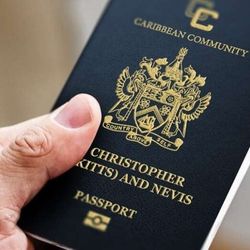Consider what you need before opening a bank account
Think about your day-to-day life and how you like to handle your money. For example: Do you receive a fixed paycheck or pension on a regular basis or does the amount and frequency of your income vary? Do you prefer to pay for purchases using cash, credit cards, debit cards, paper checks or online bill-paying services?
Is one of your personal financial goals to set aside money regularly for savings? Are you concerned about possible overdrafts and the fees you might incur as a result? The answers to questions like these will help you make an informed decision about opening a bank account that works for you.
Comparison shopping
There are many types of bank products and services, and the fees, interest rates and special promotional offers will vary from institution to institution.
Some banks will charge fees for using another bank’s automated teller machines (ATMs), while others won’t charge fees and they may even reimburse customers for fees (up to a certain dollar amount) charged by the ATM owner.
So if you often withdraw cash from ATMs, you may want to look closely at how ATM fees are handled before signing up. Also, some bank accounts may have minimum balance requirements or monthly maintenance fees.
Many banks will reduce or even eliminate these requirements if you have your paycheck directly deposited or you have a minimum number of
electronic transactions
Read the agreement
Federal rules require certain information to be disclosed to consumers before opening a bank account.
You can review a bank’s account agreements online or by stopping by a branch. Looking at a legal document may appear intimidating or time-consuming, but many banks offer simplified disclosures and knowing how the account works is worth it to ensure that you understand all aspects of the account, including the potential fees and when they may be assessed. That’s the best way to avoid surprises.
Whichever method you choose, track every transaction — be it a deposit, check, ATM transaction, debit card transaction or online bill payment — to handle your money effectively and avoid spending more than you’re comfortable with.
You also can monitor your transactions using online services provided by your bank. In addition, many banks offer alerts via email or text to notify customers when their account balance drops below a specified level or when a check has cleared.

